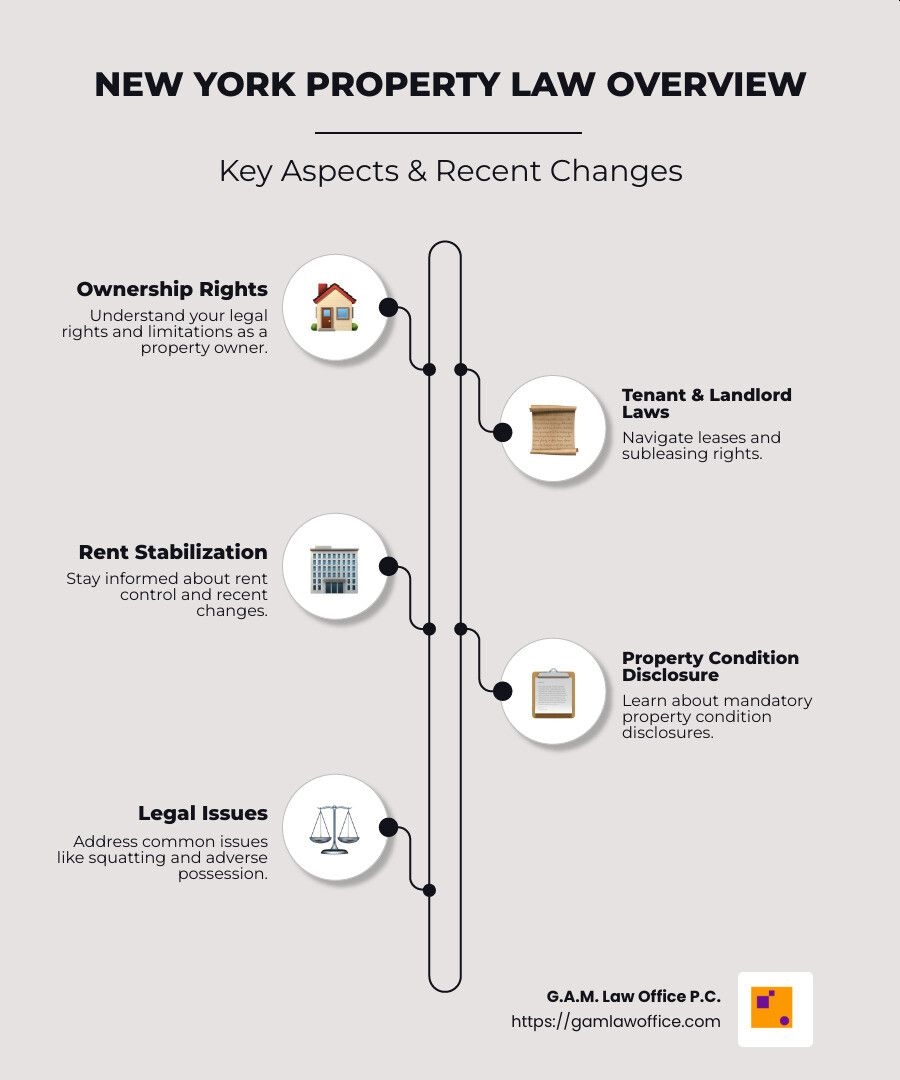Understanding NYC’s Tenant Rights and Regulations
Navigating the rental market in New York City can be daunting, especially with its complex web of tenant rights and regulations. Whether you’re a newcomer or a long-time resident, understanding these rules is crucial to ensuring a fair and hassle-free renting experience. This guide provides practical insights into NYC’s tenant rights, helping you make informed decisions and protect your interests.
Key Tenant Rights in NYC
In New York City, tenants are protected by a robust set of rights designed to ensure safe and fair housing. One of the most fundamental rights is the right to a habitable apartment. This means your landlord must maintain the property in a condition that is safe and livable, including providing essential services like heat, hot water, and electricity. If these conditions are not met, tenants have the right to request repairs and, in some cases, withhold rent until issues are resolved.
Another critical right is protection against discrimination. Under the NYC Human Rights Law, landlords cannot discriminate against tenants based on race, gender, age, sexual orientation, disability, or other protected characteristics. If you believe you have been discriminated against, you can file a complaint with the NYC Commission on Human Rights.
Tenants also have the right to privacy. Landlords must provide reasonable notice, typically 24 hours, before entering your apartment, except in emergencies. This ensures that your living space remains private and secure.
Rent Stabilization and Control
Rent stabilization and rent control are two key regulations that affect many NYC apartments. Rent-stabilized apartments are subject to specific rules regarding rent increases, lease renewals, and tenant rights. If you live in a rent-stabilized unit, your landlord can only increase your rent by a percentage set by the Rent Guidelines Board each year. Additionally, you have the right to renew your lease and cannot be evicted without a valid legal reason.
Rent-controlled apartments, though less common, offer even more protection. These units have rents that are significantly lower than market rates and are subject to strict regulations. However, they are typically only available to long-term tenants who have lived in the same apartment since before July 1, 1971.
Understanding whether your apartment is rent-stabilized or rent-controlled is crucial, as it affects your rights and the rent you can be charged. You can verify your apartment’s status by contacting the New York State Division of Housing and Community Renewal (DHCR).
Handling Disputes and Evictions
Disputes between tenants and landlords can arise for various reasons, from maintenance issues to disagreements over lease terms. It’s essential to know how to handle these situations effectively. Start by communicating directly with your landlord to resolve the issue amicably. If this doesn’t work, you can seek assistance from tenant advocacy groups or legal aid organizations that specialize in housing issues.
In cases where eviction is threatened, it’s important to understand your rights. Landlords must follow a legal process to evict a tenant, which includes providing a written notice and obtaining a court order. If you receive an eviction notice, do not ignore it. Instead, seek legal advice immediately to understand your options and defend your rights.
Tenants facing eviction due to non-payment of rent may be eligible for assistance programs that provide financial aid or mediation services. These programs can help you negotiate a payment plan or find alternative solutions to avoid eviction.
